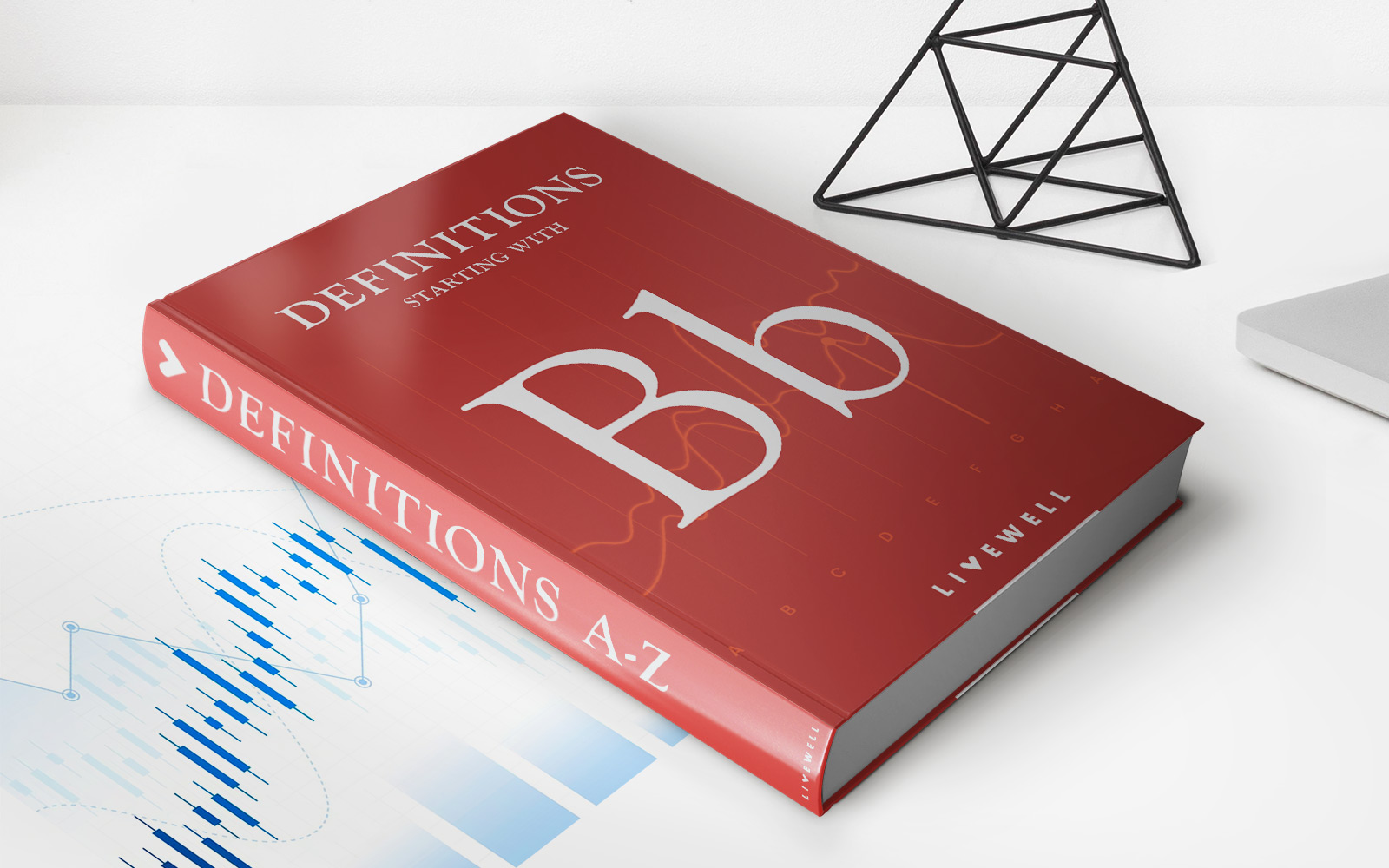Home>Finance>Bundling: Definition As Marketing Strategy And Example


Finance
Bundling: Definition As Marketing Strategy And Example
Published: October 20, 2023
Discover how bundling can be used as an effective marketing strategy in the finance industry, and explore a real-life example. Enhance your understanding of finance marketing with this comprehensive guide.
(Many of the links in this article redirect to a specific reviewed product. Your purchase of these products through affiliate links helps to generate commission for LiveWell, at no extra cost. Learn more)
Unlocking the Power of Bundling: A Smart Marketing Strategy
Are you looking for innovative ways to boost sales and increase customer satisfaction? Look no further than the power of bundling! In the world of finance, bundling refers to the practice of grouping together complementary products or services and selling them at a discounted price. This strategic marketing approach has proven to be highly effective in both attracting new customers and maximizing revenue from existing ones. In this blog post, we will delve into the definition of bundling as a marketing strategy and provide you with a real-life example to showcase its potential.
Key Takeaways:
- Bundling is a marketing strategy that involves packaging together related products or services to offer customers added value.
- By offering a bundled package, businesses can increase customer satisfaction, boost sales, and differentiate themselves from competitors.
Understanding Bundling as a Marketing Strategy
Bundling has gained considerable popularity among businesses across various industries, including finance. It leverages the concept that customers are more likely to purchase multiple related products or services when offered as a bundle at a discounted price, rather than purchasing them individually at full price.
How does bundling work as a marketing strategy? Let’s break it down:
- Increased Customer Value: Bundling allows businesses to offer customers more value for their money. By combining complementary products or services, customers feel they are getting more for their investment, leading to increased satisfaction.
- Enhanced Customer Experience: Bundling offers convenience and simplicity to customers by providing a one-stop solution. This not only saves them time but also reduces the effort of researching and purchasing individual items.
- Improved Sales: Bundling encourages customers to spend more, as the discounted price incentivizes them to purchase additional items that they may not have considered otherwise. This way, businesses can boost their sales and increase revenue.
- Competitive Advantage: Bundling allows businesses to differentiate themselves from competitors and create a unique selling point. By offering bundled packages that provide a more comprehensive solution than individual products or services, businesses can attract more customers and stand out in the market.
An Example of Successful Bundling: Finance Software with Financial Planning Services
Let’s explore a real-life example to illustrate the power of bundling. Imagine a finance company that offers financial planning services to individuals and businesses. To maximize their offerings and provide a comprehensive solution, they could bundle their financial planning services with access to their advanced finance software at a discounted price.
This bundling strategy benefits both the company and its customers:
- Customer Perspective: Customers receive not only expert financial guidance but also the tools necessary to implement and track their financial plans effectively. This convenience and added value make the bundled package highly appealing.
- Company Perspective: By bundling their services with their finance software, the company can more effectively showcase the features, benefits, and practicality of using their software. This drives customer adoption of the software and strengthens customer loyalty to the overall service offering.
Ultimately, this bundling strategy enables the finance company to attract new customers, increase sales, and establish themselves as a one-stop solution for financial planning and software needs.
Conclusion
Bundling is a powerful marketing strategy that offers significant benefits to businesses, particularly in the finance industry. By intelligently packaging complementary products or services, businesses can increase customer value, enhance the overall customer experience, and gain a competitive edge. The example of bundling finance software with financial planning services demonstrates how this strategy can be successfully employed to drive sales and satisfy customer needs. So, if you’re looking to take your business to the next level, consider the potential of bundling as a smart marketing tactic to unlock growth and success.














